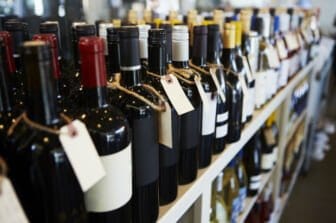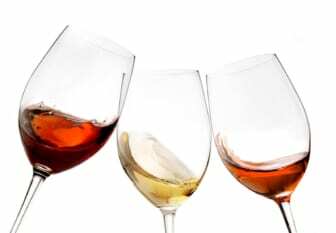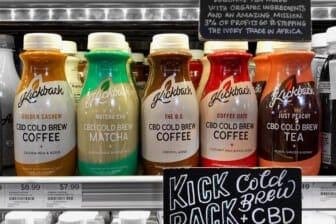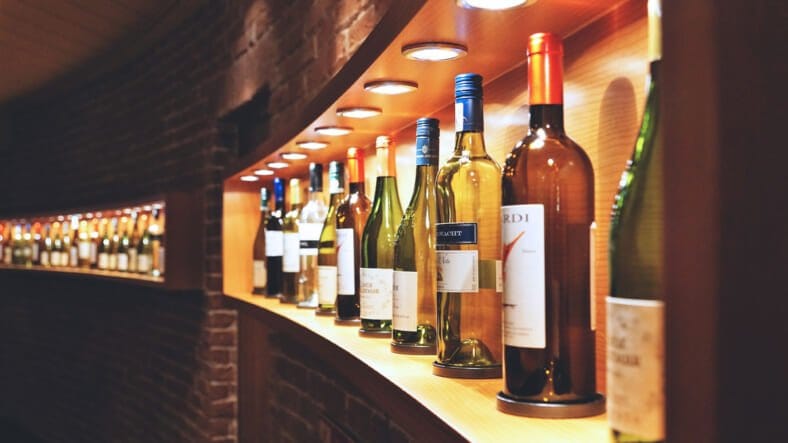
You’re diligent about keeping your diet free of processed foods. You’ve ditched chemical-laden household cleansers for natural alternatives.
Your beauty regimen is filled with the latest and greatest clean products. Well, there’s a sneaky source of all kinds of questionable additives that may still be lurking in routine—your beloved glass of wine.
Believe it: Much of the wine on the market contains more than just what you think and expect. Ahead, Jessica Blumenthal, Vice President of Brand & Innovation at Avaline, explains exactly what need to know about clean wine, and what to do if you want to reconsider your wine-shopping (and drinking) habits.
What you need to know about wine
First and foremost, it’s important to remember that, unlike food, which is regulated by the FDA, wine is regulated by the Alcohol and Tobacco Tax and Trade Bureau, or TTB. “The government agency regulates what can and can’t be put on a label, and while they do allow wine brands to list ingredients on the label, it’s not mandated as it is with other industries,” explains Blumenthal.
In related news, there’s an approved ingredient list (which, to be fair, is approved by the TTB and reviewed by the FDA) of things that can be added to wine. There are over 70 ingredients on this list, which range from everything like coloring agents to concentrates to sugar to clarifiers, as well as things like heavy metals and even animal by-products. (Yes, animal by-products, things like bone marrow, milk proteins, and fish oil often end up in wine.) Ultimately, the goal of using many of these ingredients is to maintain stability and consistency, ensuring that the wine always tastes the same year after year.
And it’s not necessarily so much that all of these potential additives are necessarily bad, though many are arguably very questionable. The issue is more about a lack of transparency and customers being able to know exactly what is in the wine they’re drinking and buying, says Blumenthal. Enter the growing category of clean wine.
What is clean wine?
“The term ‘clean’ has been used in other categories for years, from personal care to cosmetics to home cleaning. Across these categories it speaks to better ingredients and greater transparency, and when it comes to wine, clean means the same thing,” says Blumenthal. Clean wine is typically made from organic grapes, with no unnecessary ingredients and little intervention. The only problem? Unlike with these other categories, it can still be very challenging for consumers to easily find clean alternatives. There may be a small “organic” section in the wine aisle of a big box store or a large liquor store, but that’s about it.
So, how do you choose a clean wine? “If the wine is listed as ‘organic’ or ‘made with organic grapes,’ that’s a great place to start,” advises Blumenthal. Similarly, look for terminology such as ‘vegan’ or ‘free from additives.’ As a general rule of thumb, smaller vineyards and producers are also much more likely to already be going the clean wine route—even if you don’t know it—than the big-name wineries we all know. To that point, consider wine shopping at smaller, independently-owned wine shops that are more likely to carry these lesser-known options—and where the staff will probably be able to offer some helpful advice, too.
Oh, and to quickly address the elephant in the room: You may have heard some people talking about clean wine being less likely to cause the dreaded wine hangover. Indeed, there are some who will say that it’s all the additives in the wine—not necessarily the alcohol content—that will leave you with a pounding headache the morning after hitting the bottle. The truth of the matter? Well, it’s kind of hard to say. “As part of the federal regulations, no one in the industry can make any health claims,” says Blumenthal on the topic. That being said, I can tell you from my personal experience that I feel drastically better after drinking a few glasses of a clean red than any other, a sentiment shared by many who I’ve talked to.
Want to see for yourself? Try any of the clean wines below, which include a helpful round-up of some of the most accessible and easy to find options out there.
The best clean wines
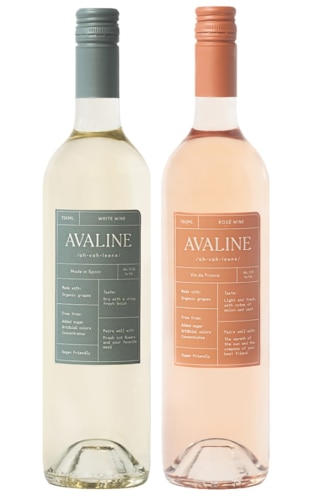
Founders Cameron Diaz and Katherine Power set out to make transparency at the forefront of their wine. Case in point: Everything that’s not in the (vegan-friendly) wine is disclosed right on the bottle, and you can easily find a full list of ingredients on their website. There’s a crisp white, perfectly balanced red, refreshing rosé, and a newly-launched sparkling wine available.
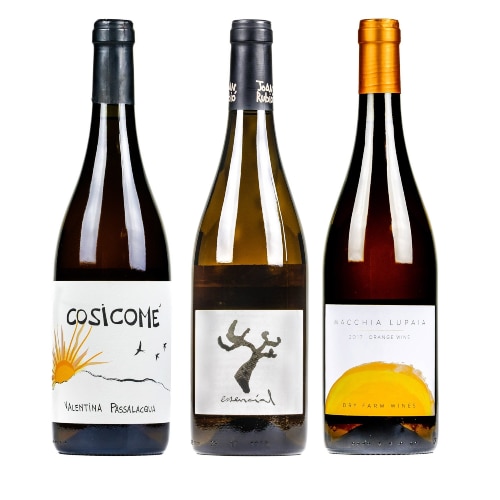
This company ships a variety of natural and additive-free wines directly to you. All you have to do is decide whether you want six or 12 bottles; red, white, or a mix; and if you want your delivery monthly or every other month. Either way, you can feel confident that you’re only getting wine that’s, among other things, sugar-free, lab-tested for purity, and naturally or biodynamically farmed.
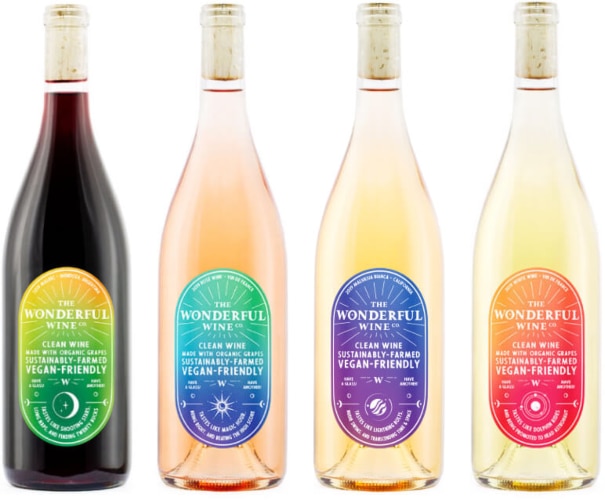
A new clean wine brand from beloved online wine destination Winc, their four wines (two reds, a white, and an orange) prioritize organic vineyards and healthy grapes. With no added sugars, each varietal is fruit-forward and juicy but on the drier side. They are vegan, low in sulfites, and also paleo- and keto-friendly, too. We also like that they take it one step further, focusing on eco-friendly packaging and shipping.
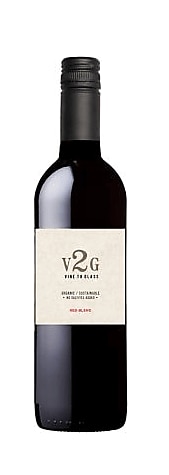
If you’re looking for a good winter red, look no further. This USDA-certified organic French wine is a delectable Syrah-cab sauv blend, and has the added benefit of being pesticide-, preservative-, and herbicide-free. (Fun fact: V2G stands for vine to glass.) It still has a two year shelf-life, longer than many similar options, but trust us, you won’t be able to hold off that long.
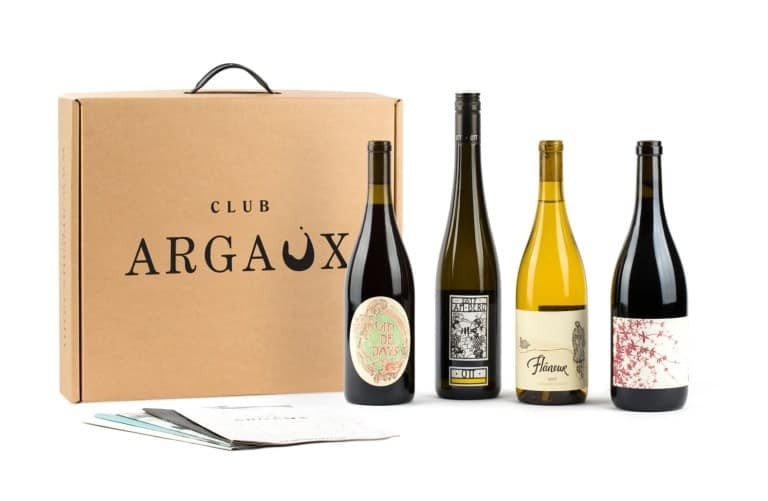
Don’t have a local mom-and-pop wine shop in your neighborhood? This is the next best thing. The founders of this site are all about sourcing wine from small-production, family-owned vineyards around the globe, placing a high emphasis on clean and natural options. Buy individual bottles or purchase larger sets; they also offer fun features like a sommelier than you can text on-demand to get more info about any particular wine.
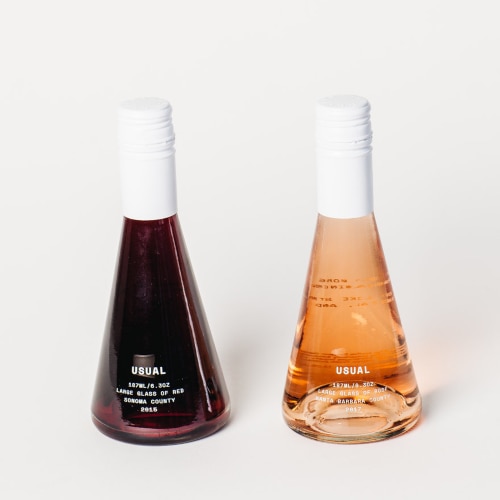
Made in small batches out of California, Usual Wines feature sustainably farmed grapes that go through minimal intervention. Choose from an aromatic red blend, bright rosé, and sparkling white—each free of added sugars, added sulfites, and pesticides. Also nice? These wines come bottled by glass (one large glass) to ensure freshness with every pour.


